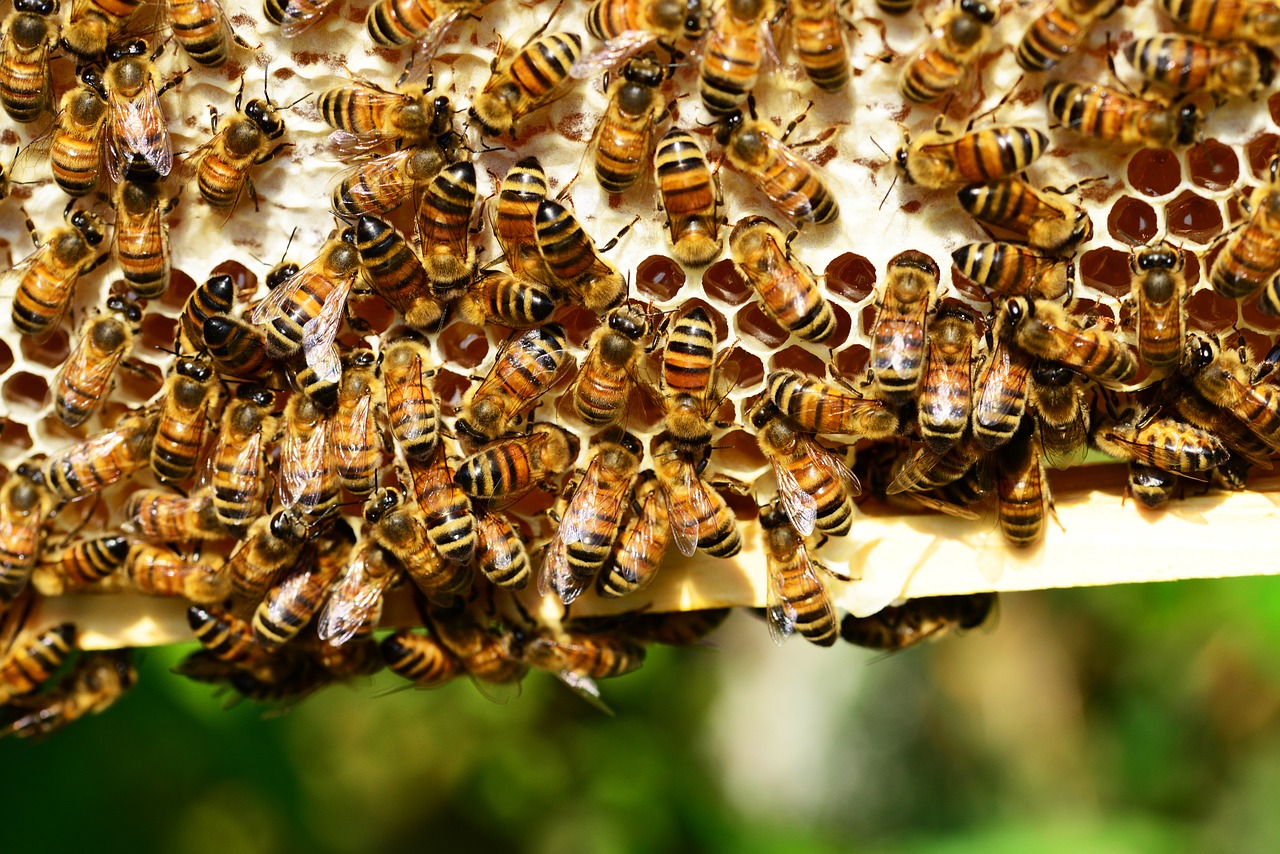A woman in Spain died after undergoing a live bee acupuncture procedure called apitherapy, during which she had an allergic reaction.
This alternative healing method makes use of live bees to sting patients in place of needles, USA Today reports. The 55-year-old woman was getting treated to relieve tight muscles and stress, according to a case study.
However, the acupuncture session quickly started going wrong when the woman “developed wheezing, dyspnea, and a sudden loss of consciousness immediately after a live bee sting.”
Apitherapy is a kind of alternative medicine that makes use of honey bee products, like bee wax, pollen, honey, and in this case, live bees. Here, bee venom is used to “cure” patients. A practitioner places a live bee on the patient, and squeezes the bee’s head until the needle emerges then inserts the needle into the body.
The bees die immediately after stinging.
Advocates of the method claim that the therapy is effective at treating a number of diseases, and in alleviating pain. But the authors of the case study argue that this is dangerous. Paula Vázquez-Revuelta and Ricardo Madrigal-Burgaleta, from the Ramón y Cajal University Hospital in Spain , said,
The risks of undergoing apitherapy may exceed the presumed benefits, leading us to conclude that this practice is both unsafe and unadvisable.
The unnamed patient had no documented diseases, and had been going to apitherapy every month for two years without experiencing any side effects, the study said. After her allergic reaction, the patient was rushed to the hospital, where she died of multiple organ failure.
Revuelta and Madrigal-Burgaleta said in the study that it is possible for someone to have a severe reaction, even after undergoing the procedure many times before. They explained, “Repeated exposure to the allergen was found to carry a greater risk of severe allergic reactions than in the general population.”
The study was published in the Journal of Investigational Allergology and Clinical Immunology.
























